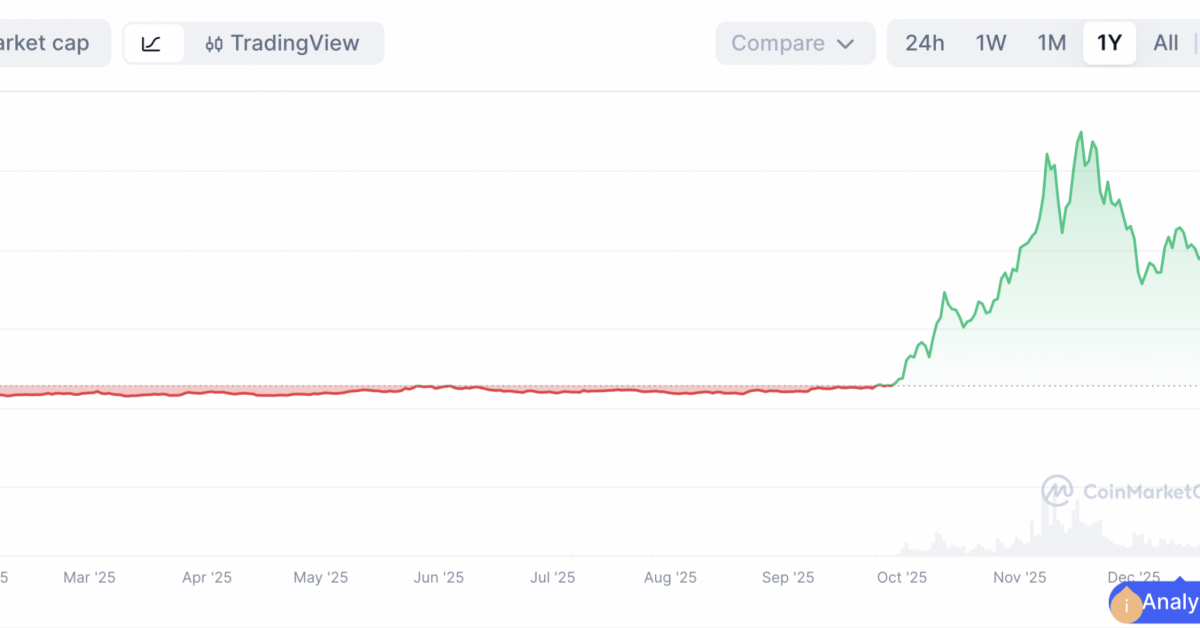What is ALPH and how does it work?

summary
Alephium (ALPH) is a layer 1 blockchain that addresses the shortcomings of existing blockchains such as scalability, programmability, decentralization, and security. Alephium uses innovative algorithms, Proof-Less-Work (PoLW), and sharding technology to increase throughput and scalability while ensuring faster transactions and reducing network congestion. Let’s take a look at how Alephium works and how it differs from existing blockchains.
What is ALPH?
Alephium is a fully functional sharded layer 1 blockchain that strives to solve the problems of existing blockchains such as scalability, accessibility, and security. Therefore, Alephium is an ideal blockchain platform that developers can leverage to build scalable decentralized applications (DApps), while individuals can leverage the platform for decentralization and security.
Alephium is designed to solve the scalability and security challenges of today’s decentralized applications. Alephium is also known to enhance the concepts of Proof of Work (PoW) and Unspent Transaction Output (UTXO). Simply put, Alephium allows developers and individuals to build high-performance, accessible, and energy-efficient decentralized applications and smart contracts.
How does Alephium work?
Alephium applies innovative technologies to address the shortcomings of existing blockchains and improve scalability, programmability, security, and energy efficiency. Let’s discuss in more detail.
Alephium uses BlockFlow, an innovative sharding algorithm, to improve scalability. Sharding is nothing more than splitting data into smaller, more manageable parts called shards to support parallel transactions. The UTXO model and Directed Acyclic Graph (DAG) data structures help Alephium achieve effective sharding. Therefore, Alephium supports faster transactions, processing approximately 10,000 transactions per second.
Alephium uses a powerful and innovative Proof-of-Less-Work (PoLW) consensus mechanism to regulate mining difficulty in real time based on network conditions. This significantly reduces energy consumption compared to other proof-of-work (PoW) algorithms.
-
Programmability and Security
Alephium applies the Unspent Transaction Output (UTXO) model for improved programmability and security. Additionally, the UTXO model ensures safe, fast and efficient transactions.
-
Virtual machines and programming languages
Alephium has its own virtual machine, SDK, and performance-optimized programming language. It has built-in security features to prevent unauthorized transactions, common attack vectors, and flash loans. This allows developers to explore innovation and build advanced decentralized applications and smart contracts.
What makes Alephium unique?
Alephium is unique and differentiates itself from other existing blockchains through the following innovative features:


Sharding involves dividing the network into smaller, more manageable subsets called shards. Each shard operates as an independent blockchain, processing and verifying a portion of the overall transaction. Sharding allows parallel transaction processing by distributing the workload across multiple shards. Therefore, sharding increases overall throughput and network capacity.
UTXO stands for Unspent Transaction Output. This means that it uses transactions that have not yet been used as input for new transactions. The UTXO model guarantees scalability and programmability, unlike existing blockchains such as Bitcoin. However, UTXO provides the same security as Bitcoin.
-
Little Proof-of-Work (PoLW)
Proof-of-Less-Work (PoLW) is an innovative consensus mechanism that promotes less energy consumption than traditional PoW algorithms. For example, Alephium uses much less energy than Bitcoin.
Alephium has its own custom virtual machine (VM), Alphred. It addresses many of the shortcomings of existing decentralized app platforms by improving security, scalability, and programmability. It also paves the way for developers to build peer 2 peer (P2P) smart contracts.
Alephium has its own programming language for distributed applications called Ralph. Ralph allows developers to build secure and efficient smart contracts and decentralized applications. Therefore, businesses and individuals can benefit from utilizing the Alephium blockchain.
With numerous innovative features, Alephium provides a scalable blockchain platform that is as secure as existing blockchains such as Bitcoin, allowing developers and individuals to build powerful, stable, and secure decentralized applications.
conclusion
Alephium is a well-established blockchain platform that provides innovative solutions to the scalability, security, and decentralization challenges faced by existing blockchain networks. Alephium aims to achieve high throughput and energy efficiency by implementing a unique sharding architecture and leveraging the UTXO model. Alephium therefore has the potential to support a wide range of decentralized applications and smart contracts, making it an attractive option for businesses and individuals.



